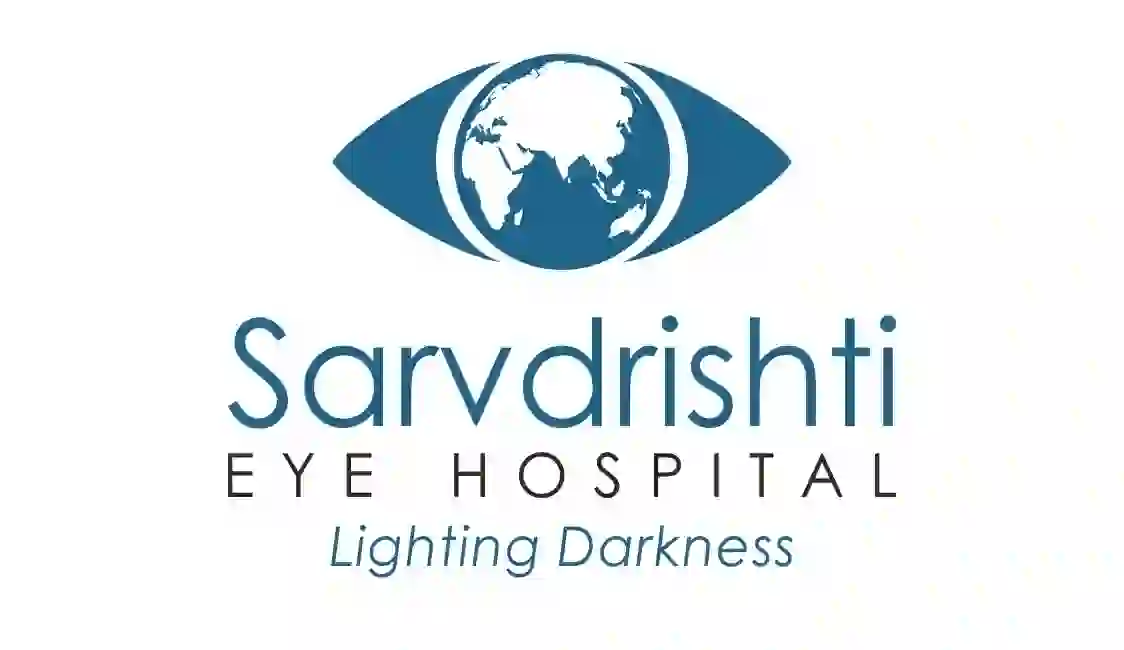Vision screenings using adequate testing equipment ?
Vision is the ability to perceive and interpret the surrounding world through
the eyes. It is a complex process involving the eyes, optic nerves, and the
brain. Regular vision screening is crucial for maintaining eye health and
detecting potential issues early on. Screening methods include visual acuity
tests, which measure the sharpness of vision, and eye examinations that
evaluate eye alignment, eye movements, and overall eye health.
Other screening tools may involve assessing color vision, depth perception,
and peripheral vision. These screenings help identify refractive errors,
such as nearsightedness or farsightedness, as well as more serious
conditions like glaucoma, cataracts, or macular degeneration, facilitating
timely intervention and appropriate vision correction measures.










